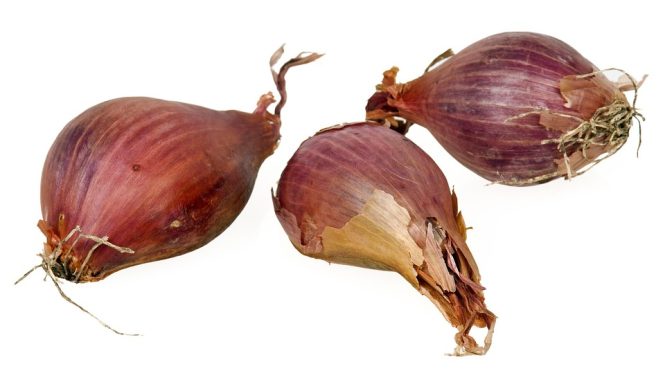
Eat Like Your Ancestors: The Benefits of a Whole, Unprocessed Diet
For centuries, humans have been consuming a wide variety of foods, with diets varying greatly depending on geographical location, cultural traditions, and socio-economic factors. However, with the advent of modern agriculture and food processing techniques, many of us have strayed far from the whole, unprocessed diets that our ancestors once enjoyed. This shift has had a profound impact on our health, with rising rates of chronic diseases such as obesity, diabetes, and heart disease. In this article, we’ll explore the benefits of embracing a whole, unprocessed diet, just like our ancestors did.
What is a Whole, Unprocessed Diet?
A whole, unprocessed diet is one that focuses on consuming foods in their natural, unaltered state. This means eating fruits, vegetables, whole grains, lean proteins, and healthy fats, rather than relying on packaged, processed foods. Our ancestors didn’t have the luxury of supermarkets and fast food chains, so they had to rely on what they could hunt, gather, or grow themselves. As a result, their diets were rich in nutrients, fiber, and antioxidants, and low in added sugars, salt, and unhealthy fats.
Benefits of a Whole, Unprocessed Diet
- Improved Nutrient Intake: Whole, unprocessed foods are rich in essential vitamins, minerals, and antioxidants that are often lacking in processed foods. By eating a variety of whole foods, you can ensure that you’re getting all the nutrients your body needs to function optimally.
- Weight Management: Whole, unprocessed foods tend to be more filling and satisfying, making it easier to maintain a healthy weight. This is because they are often higher in fiber and protein, which can help to reduce hunger and increase feelings of fullness.
- Reduced Chronic Disease Risk: A whole, unprocessed diet has been shown to reduce the risk of chronic diseases such as heart disease, type 2 diabetes, and certain types of cancer. This is likely due to the high levels of antioxidants, fiber, and omega-3 fatty acids found in these foods.
- Improved Gut Health: A diet rich in whole, unprocessed foods can help to support the growth of beneficial gut bacteria, which is essential for a healthy immune system and digestive function.
- Increased Energy: Whole, unprocessed foods tend to be lower on the glycemic index, which means they can help to regulate blood sugar levels and provide a more sustained energy release.
Examples of Whole, Unprocessed Foods
- Fresh fruits and vegetables
- Whole grains such as brown rice, quinoa, and whole wheat
- Lean proteins such as grass-fed beef, wild-caught fish, and free-range chicken
- Healthy fats such as avocado, nuts, and seeds
- Fermented foods such as kimchi, sauerkraut, and yogurt
Tips for Incorporating a Whole, Unprocessed Diet into Your Lifestyle
- Start Small: Begin by replacing one or two processed foods with whole, unprocessed alternatives each day.
- Shop the Perimeter of the Grocery Store: The healthiest foods tend to be found on the perimeter of the grocery store, such as produce, meats, and dairy products.
- Cook at Home: Cooking at home allows you to control the ingredients and portion sizes of your meals, making it easier to stick to a whole, unprocessed diet.
- Plan Ahead: Take some time each week to plan your meals and make a grocery list to ensure that you have the ingredients you need to prepare healthy, whole foods.
- Don’t Be Too Hard on Yourself: Remember that it’s okay to indulge occasionally. The key is to make whole, unprocessed foods the foundation of your diet, rather than relying on them as an occasional treat.
Conclusion
Eating like our ancestors did can have a profound impact on our health and wellbeing. By embracing a whole, unprocessed diet, we can improve our nutrient intake, reduce our risk of chronic disease, and increase our energy levels. While it may take some time and effort to transition to a whole, unprocessed diet, the benefits are well worth it. So why not give it a try? Start by making a few small changes to your diet each day, and see the positive impact it can have on your health and wellbeing.